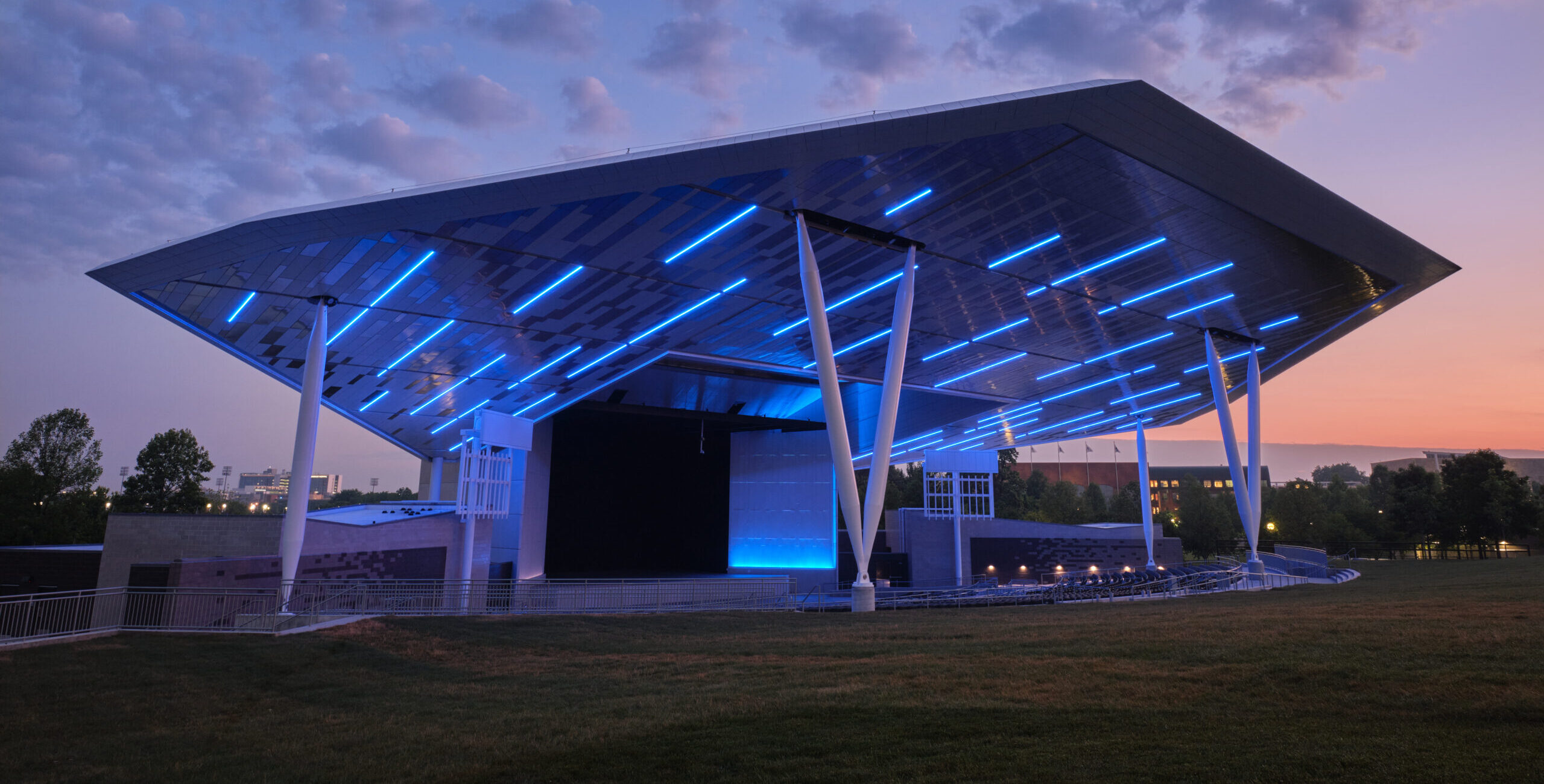The music festival industry—once a cornerstone of the experiential economy—faces an unprecedented crisis that extends far beyond entertainment. With 78 festivals canceled across the United Kingdom and over 40 shuttered in the United States during 2024 alone, what industry insiders are calling "the year the music festival died" represents a considerable economic development challenge.
The Scale of Disruption
Several major U.S. festivals faced cancellation or closure in 2024, reflecting widespread industry challenges. The Pitchfork Music Festival, after 19 years as a cornerstone of Chicago's music scene, announced in November 2024 that it would not return in 2025, joining Delaware's Firefly festival among the year's casualties.
The Sierra Nevada World Music Festival, a 30-year-old reggae festival in Northern California, was canceled just four days before it was scheduled to begin, citing "extreme financial challenges." The Voodoo Music + Arts Experience, a 25-year Halloween tradition that ran from 1999 to 2019 in New Orleans, continues struggling with business challenges and while packing a sizable economic impact for the city, isn’t scheduled to come back online anytime soon. Desert Daze, an independent psychedelic rock festival in Southern California, was also canceled in 2024 due to "rising production costs and the current volatile festival market."
Also in Southern California, the Bésame Mucho Festival in Los Angeles was canceled just four weeks before the event on November 25, 2024, marking one of the most high-profile Latin music festival casualties of the year. The festival had enjoyed remarkable success in its first two years: the inaugural 2022 festival sold out in just 12 minutes when tickets went on sale in February, a full 10 months before the event, and the 2023 edition was praised by LA Taco as "the best Latino music festival right now." The festival, which had become a beloved annual tradition celebrating multigenerational Latin music, fell victim to the same industry-wide challenges that plagued dozens of other festivals in 2024.
These cancellations don't merely disappoint music fans—they eliminate millions in hotel taxes, sales tax revenue, and ancillary business income that municipalities increasingly rely upon for budget planning. For jurisdictions already grappling with reduced office occupancy and diminished tourism revenue, festival losses compound existing economic development challenges.
The current crisis stems from multiple compounding pressures: (1) Rising Operational Costs: Inflation has doubled touring expenses across transportation, hospitality, and personnel, while insurance costs have skyrocketed due to extreme weather risks and liability concerns. (2) Consumer Spending Constraints: Higher interest rates and cost-of-living pressures have forced entertainment budget reductions, creating demand-supply mismatches particularly devastating for independent festivals. (3) Climate-Related Risks: From Burning Man's 2023 mud catastrophe to Bonnaroo's weather-related cancellations, climate change is making outdoor events increasingly expensive to insure and operationally risky. (4) Regulatory Complexity: Outdated permitting processes and zoning restrictions often treat festivals as temporary nuisances rather than valuable economic development tools.
Strategic Public Sector Solutions
These market failures create natural opportunities for public policy interventions that can generate significant returns on investment. CVL Economics identifies five critical intervention areas where jurisdictions can transform industry struggles into competitive advantages:
Regulatory Innovation: Streamlined permitting processes and festival-friendly zoning can activate vacant urban spaces while reducing operational friction. Cities implementing comprehensive event-friendly regulatory frameworks position themselves as preferred destinations for relocating festivals.
Risk Management Solutions: State-level insurance pools and federal weather coverage programs can address prohibitive insurance costs—one of the biggest barriers facing festival organizers. Public sector risk-sharing makes previously unviable events economically feasible.
Infrastructure Investment: Converting vacant office buildings and retail spaces into flexible event venues addresses both downtown vacancy challenges and festival capacity needs. This dual-purpose infrastructure serves year-round economic development goals while supporting seasonal events.
Innovative Financing Models: Blending public investment, private partnerships, and philanthropic funding can reduce organizer risk while ensuring community benefit. Revenue-sharing agreements can create sustainable funding mechanisms for ongoing cultural programming.
Workforce Development: Festival-focused training programs build technical skills transferable across multiple industries while creating local capacity for event production, hospitality, and creative services.
Festivals as Economic Development Infrastructure
Successful festivals function as economic development catalysts, driving infrastructure improvements that benefit communities year-round. They create temporary but significant employment opportunities across security, hospitality, transportation, and vendor services. Most importantly, they establish destination marketing platforms that can be leveraged for broader tourism development and place-based branding strategies.
For downtowns struggling with vacant office buildings and reduced foot traffic, festivals represent powerful but underutilized revitalization tools. The economic multiplier effects extend beyond direct spending to include enhanced property values, increased business formation, and strengthened community identity.
The Path Forward
Whether 2024 represents temporary market adjustment or permanent cultural shift, the fundamental human need for communal celebration suggests significant opportunities for communities willing to invest in cultural infrastructure. The specific economic models will require adaptation, but strategic public sector leadership can shape that evolution to serve broader community development goals.
CVL Economics works with jurisdictions to develop comprehensive festival and entertainment industry strategies that align cultural programming with economic development objectives. Our Transformative Places and Media & Entertainment practice areas help communities navigate the complex intersection of cultural policy, economic development, and place-based strategy.
The festival industry's current struggles illuminate a critical choice for economic development practitioners: communities can either watch valuable cultural and economic infrastructure disappear, or they can strategically intervene to capture these assets for long-term competitive advantage. The jurisdictions that recognize festivals as essential economic development tools—and act accordingly—will position themselves as leaders in the emerging cultural economy.
RELATED CONTENT



